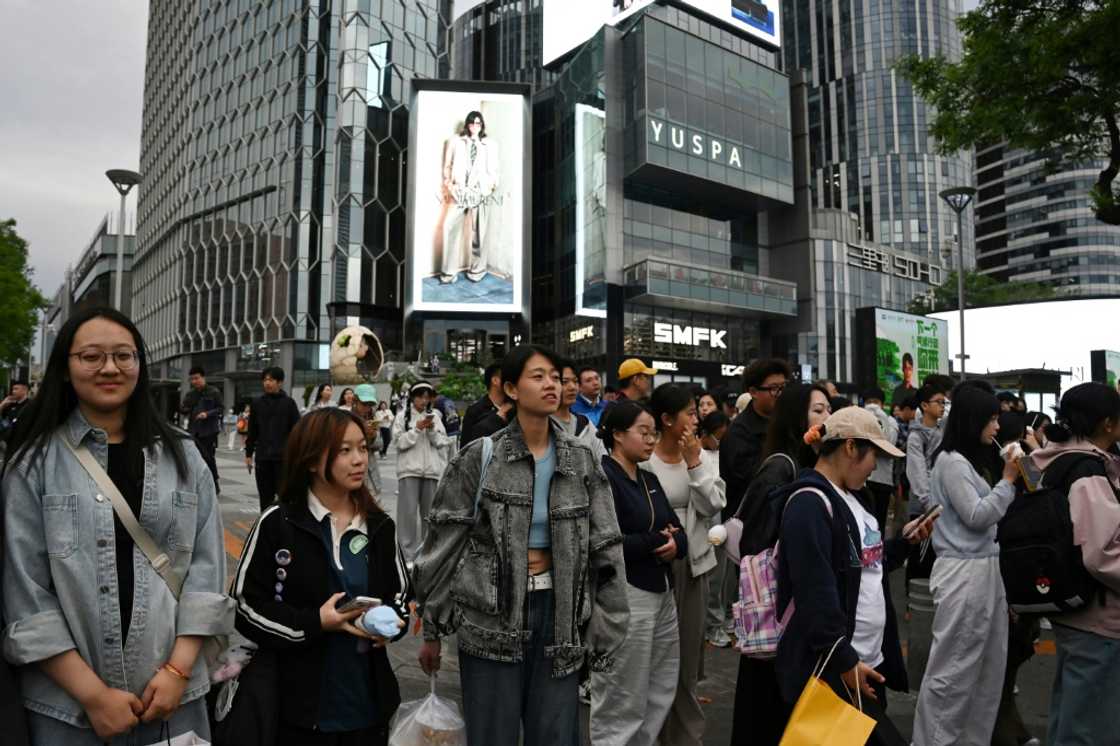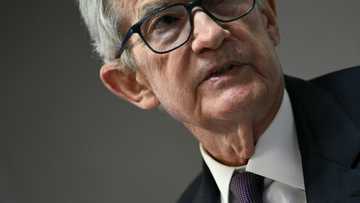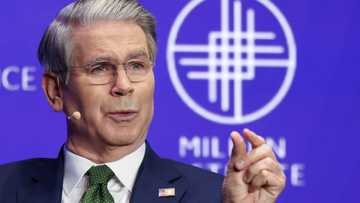China eases monetary policy to boost ailing economy

Source: AFP
China on Wednesday eased key monetary policy tools in a bid to boost its ailing economy as it struggles with the effects of weak consumption and the trade war with the United States.
The country's leaders are battling to reignite growth, which has not fully recovered since the Covid-19 pandemic, crippled by sluggish domestic demand and a protracted property sector crisis.
That has been compounded by a punishing trade war that has seen US President Donald Trump impose tariffs reaching 145 percent on many Chinese products and Beijing retaliate with 125 percent duties on imports from the United States.
On Wednesday, the head of China's central bank told a news conference that Beijing would cut a key interest rate and lower the amount banks must hold in reserve in order to boost lending.
"The reserve requirement ratio will be cut by 0.5 percentage points," Pan Gongsheng said, adding that it will also lower its seven-day reverse repurchase rate to 1.4 percent from 1.5 percent.
A persistent crisis in the property sector -- once a key driver of growth -- also remains a drag on the economy.
In an effort to boost demand, Pan said Wednesday the bank would cut the rate for first-time home purchases with loan terms over five years to 2.6 percent, from 2.85 percent.
The moves represent some of China's most sweeping steps to boost its ailing economy since September.
Pan said Beijing's policies aimed "to support technological innovation, boost consumption, and promote inclusive finance, among other areas".
Economists have warned that the disruption in trade between the tightly integrated US and Chinese economies could threaten businesses, increase prices for consumers and cause a global recession.
Beijing last month blamed a "sharp shift" in the global economy for a slump in manufacturing.
And exports soared more than 12 percent in March as businesses rushed to get ahead of Trump's swingeing tariffs.
Beijing has said it is targeting annual growth this year of around five percent -- the same as last year and a figure considered ambitious by many economists.
China last year announced a string of aggressive measures to reignite its economy, including interest rate cuts, cancelling restrictions on homebuying, hiking the debt ceiling for local governments and bolstering support for financial markets.
But after a blistering market rally fuelled by hopes for a long-awaited "bazooka stimulus", optimism waned as authorities refrained from providing a specific figure for the bailout.
Analysts now think the impact of tariffs may lead Beijing to reconsider its caution and push ahead with fresh stimulus.
Source: AFP



